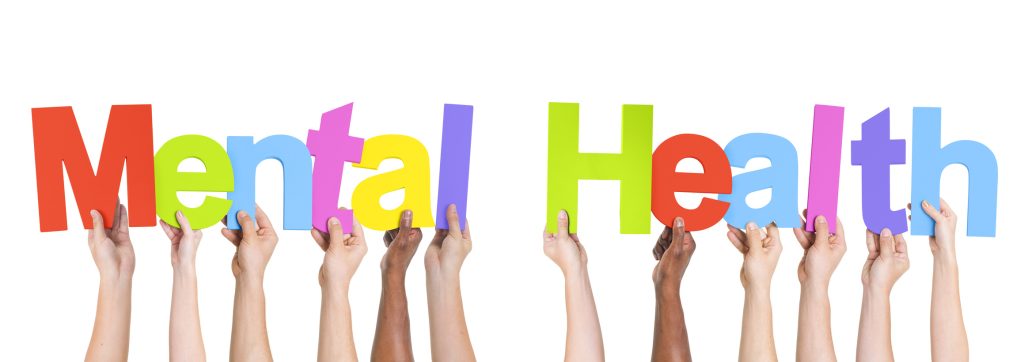Properly documenting a disability is critical to receiving the benefits you deserve. However, documenting a mental health disability is often harder than a physical one. You might find that you have not collected sufficient evidence to convince your insurance carrier that you qualify for benefits. To help your case, follow these tips.
Meet with a Doctor
A doctor should make a diagnosis and include it in your medical records, which are important first steps. Without an official diagnosis, you will not be successful at claiming a mental health disability. In your medical records, your doctor should also note the treatment, such as:

- Medication
- Behavioral therapy
- Group counseling
- Other options
You should meet regularly with your doctor to discuss how your treatment is progressing. Your doctor should keep detailed notes about your continuing difficulties in managing your mental health problems.
If you did not find your initial doctor helpful, then be sure to seek a second opinion. Doctors sometimes disagree about whether your disorder qualifies as a mental health disability, and you should not treat the first doctor’s opinion as definitive.
Document How the Disability Affects Your Life
Typically, you will not receive disability benefits simply because you have a mental health disorder. Instead, the disorder must negatively impact your ability to do your job. Each mental health disability manifests itself in different ways.
For example, anxiety disorders might render a person unable to leave home. In that situation, you will want to keep a careful record of the dates in which you could not go to work. If you had disabling panic attacks, note the dates and times as well.
Other disabilities, such as personality disorders, might frustrate a person’s ability to communicate with other people. You can help your case by noting in detail how the disorder negatively impacts your ability to work.
Ask for Help Documenting the Disability
Another reason it is so difficult to document mental health disabilities is that the underlying disorder might frustrate a person’s ability to plan and think logically. As a result, the person cannot carefully gather evidence of the disability—impeding his or her ability to collect important benefits.
Many people reading this article might be concerned family members who want to assist a loved one in applying for long term disability benefits. If so, it might be up to you to collect the necessary evidence, such as finding copies of medical records and keeping track of important episodes. As an important witness, you can also document how your loved one has withdrawn from other people, which might be helpful when making a disability claim. If you need assistance, you should contact an experienced employee benefits attorneys who will help you collect the evidence you need.
Speak with a Disability Lawyer in Philadelphia
Mental health disabilities are every bit as serious as physical ones. Unfortunately, they pose unique challenges to obtaining disability benefits.
At The Garner Firm, we have helped countless people access the disability benefits they deserve. We can help you make an initial claim or bring an appeal for benefits, but you need to act fast. To schedule your free consultation, please call 215-645-5955 or submit an online message.
